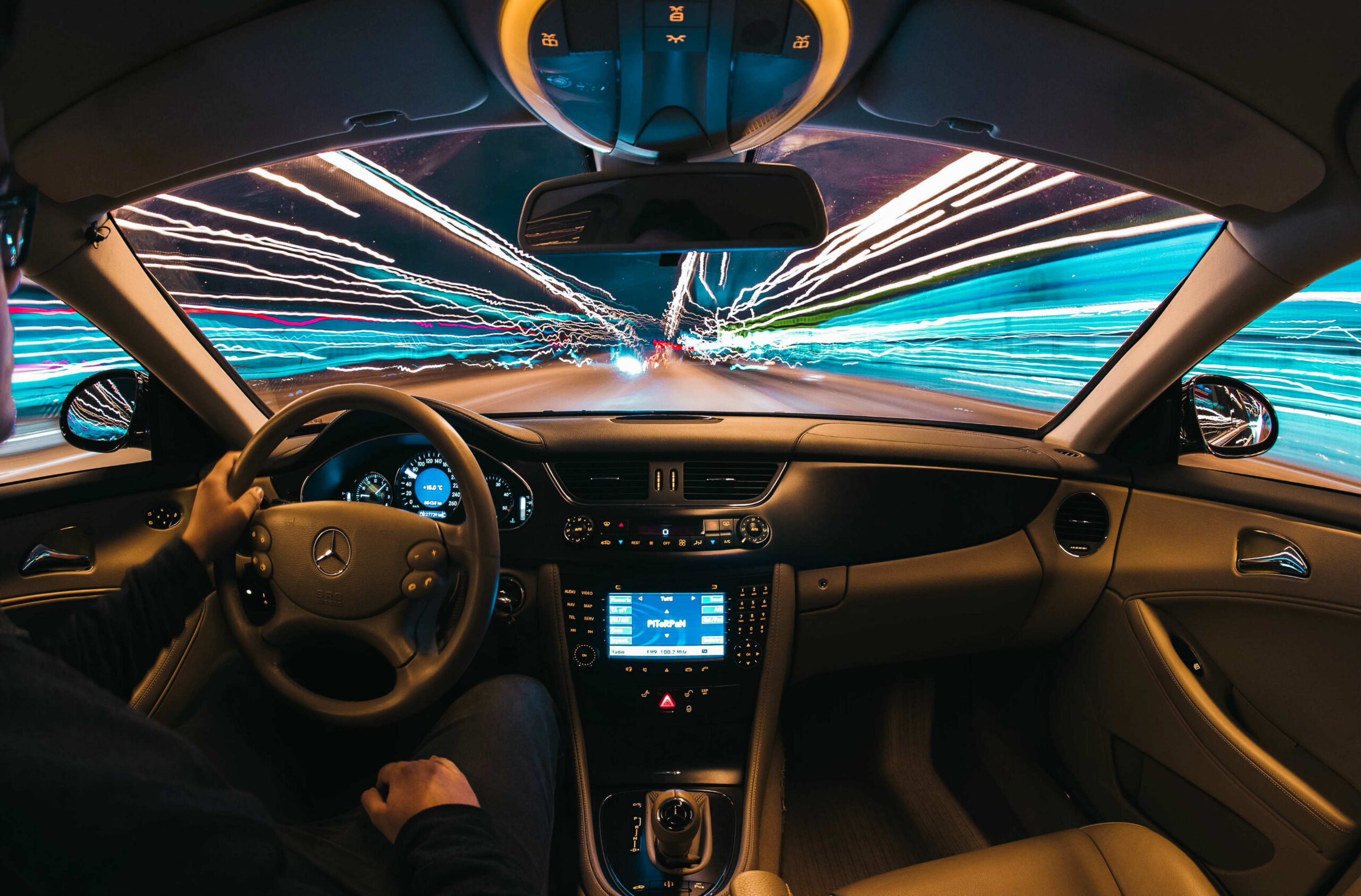A new study indicates that women who exercise while pregnant may bring lasting benefits to their babies. The babies of mothers who exercised while pregnant performed better on a range of motor skills and measurements of how they react and move. And the gains were most notable among baby girls. ACCESS STUDY





























































